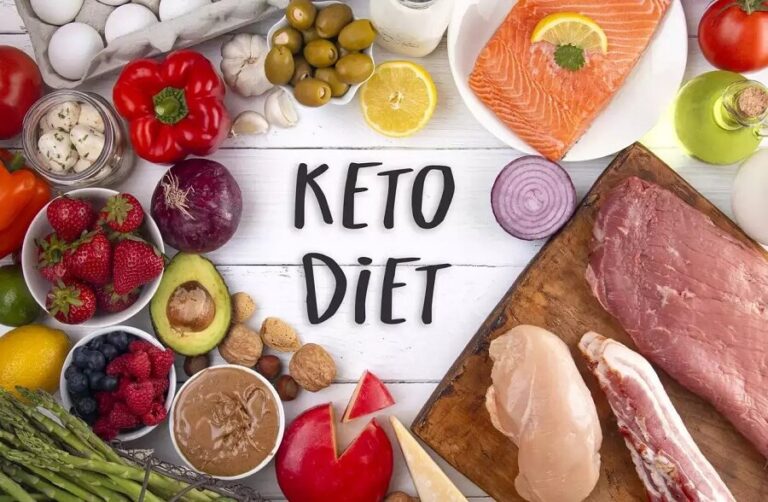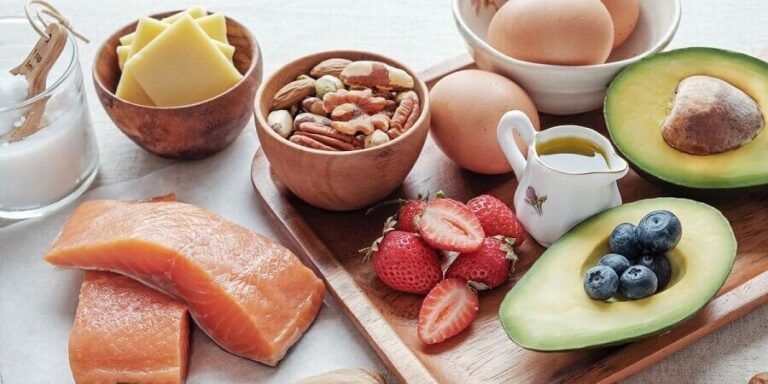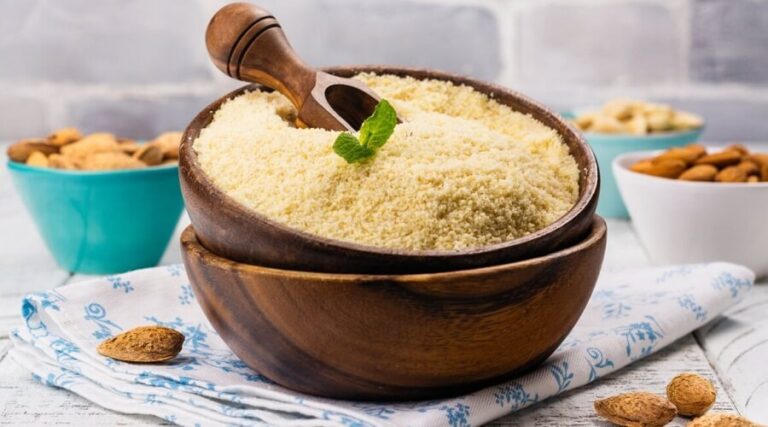Reducing the number of carbohydrates, including those in fruits, is a strategy to lose weight quickly. Some diets like the ketogenic or keto diet are based on.
Fruits without carbohydrates do not exist – even in a small quantity, they all contain glucose or fructose in their composition; however, some indeed have less. Therefore it is more correct to refer to them as low carbohydrate fruits.
The lowest and highest carbohydrate fruits are outlined in this article – read on to find out which ones to choose if you want to stay in ketosis.
RELATED: Low Carb Vegetables
Low Carb Fruits – Examples
Fruits are one of the most nutritious carbohydrate foods because they are high in vitamin and mineral content.
Eliminating them from the diet is not only not necessary, but it is a risky behavior in nutrition.
Even when on a low-carbohydrate diet, you should select fruits that are low in this nutrient. Those with fewer carbohydrates can be consumed and even allow a person to enter ketosis.
In addition, this type of fruit is recommended for people with type 2 diabetes since, unlike fruits high in carbohydrates, they do not cause spikes in blood glucose levels.
Berries, some citrus fruits, avocado, and coconut can be included in the low-carbohydrate fruit category. Here is a list of low-carb fruits:
- Tomate cherry – 4 g
- Strawberries – 8 g
- Raspberries – 8 g
- Moras – 8 g
- Blueberries – 9 g
- Melon – 9 g
- Avocado – 9 g
- Coconut – 12 g
- Lemon– 9 g
- Plum – 12 g
- Watermelon – 12 g
- Blueberries – 12 g
- Cherries – 13 g
- Pomelo – 13 g
- Kiwi – 13 g
RELATED: Do Fruits Have Sugar? So Are You Fattening?
Fruits high in carbohydrates
The opposite of low-carb fruits is those high in this macronutrient. Fruits high in carbohydrates are exotic, or those have an intensely sweet taste when eaten if the goal is to reduce the number of carbohydrates, you have to avoid them.
Also, most dried fruits with added sugar are of this type. If you are looking for fruits with fewer carbohydrates, these are not the ones with the least. Here is a list of high carbohydrate fruits:
- Bananas – 20 g
- Grapes – 17 g
- Cake – 17 g
- Naranja – 14 g
- Pineapple – 14 g
- Mango – 14 g
- Rambutan – 14 g
- Dragon fruit 14 g
// Recommended – Carbohydrates in bananas – Do they have sugar?
Is it necessary to eliminate carbohydrates from fruits?
Some weight loss diets, such as the ketogenic diet or the Dukan diet, limit carbohydrate foods as much as possible, including fruits. This is a way to lose weight fast.
However, according to the FAO and WHO, in a healthy diet, carbohydrates should constitute the base of the food pyramid. These organizations recommend that 60% of calories come from this energy source. This is equivalent to about 250 – 300 grams of carbohydrates per day.
Also, physically active people need a higher amount of carbohydrates. Including fruits with carbohydrates before and after training is essential to improve athletic performance. (3)
So what is it or better? If you are overweight or obese, choosing low-carbohydrate fruits and reducing their total amount in the diet can be effective and help you achieve a healthy weight quickly.
However, this process should only be done for short periods and, if possible, under the supervision of a nutrition professional or physician.
Types of carbohydrates in fruits
In fruits, at least three types of carbohydrates can be distinguished: simple, complex, and vegetable fiber.
Simple carbohydrates are a higher content in fruits, honey, and sugar. This type is absorbed quickly and, if consumed in isolation, can cause insulin spikes in the blood.
The complex carbohydrates (combination of starch and vegetable fiber) are present in most vegetables, cereals, and pseudocereals. However, they are also found in some fruits.
These carbohydrates are considered good because, due to their structure, they can be assimilated by the body slowly and provide energy progressively.
Vegetable fiber is an exception; although it is a carbohydrate, it cannot be assimilated by the human body, so it does not provide calories. Its consumption is associated with several benefits for the body, such as improving the microbiota and the digestion process.
ABSTRACT
Remembering, fruits without carbohydrates do not exist – most have glucose, fructose, and fiber. However, it is possible to distinguish between high and low carbohydrate fruits.
Low-carb fruits include strawberries, berries, raspberries, cantaloupe, lemon, coconut, and avocado. The opposite of low-carb fruits is tropical and dried fruits.
Including fruits in the diet is good because of their carbohydrate content and is a good source of vitamins and minerals.







